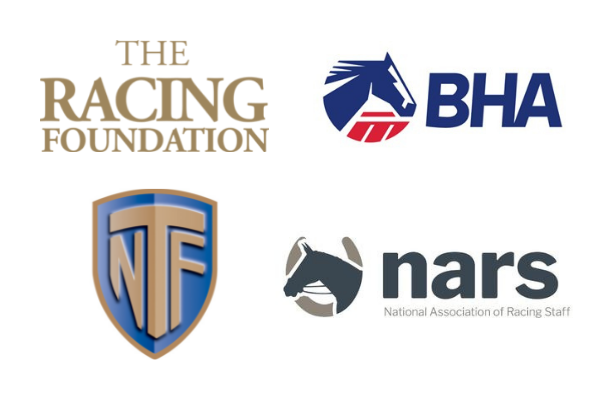


29 Oct 2021
Trainers and stable staff to undertake survey to improve recruitment, skills and retention
The racing industry is appealing to trainers and stable staff to participate in a short survey focusing on recruitment, skills, career progression and retention of those working in the sport.
The survey will start at the end of October 2021 and will run throughout November.
Trainers and stable staff will be contacted by Public Perspectives – an independent research organisation commissioned by the Racing Foundation.
Rob Hezel, CEO of the Racing Foundation, said: “It is those who work in racing who enable our great sport to happen and therefore it is only right that people issues are central to the racing foundation’s strategy and a key focus of our funding.
“Completing the survey allows racing’s workforce to have their voices heard and it also enables us to better understand where investment is required to ensure the industry is a great place to work.”
The survey will take 10 to 15 minutes to complete and will be conducted over the phone with trainers and by post with stable staff.
This input will play a crucial part in helping shape and measure the progress of major initiatives to support the recruitment of staff into the racing industry, development of its workforce and encouraging greater retention of staff. It will also provide valuable insight into new issues that need addressing.
The survey is being funded by the Racing Foundation and is being delivered in partnership with the British Horseracing Authority (BHA), National Trainers Federation (NTF) and National Association of Racing Staff (NARS).
Rupert Arnold, Chief Executive of the NTF, said: “This is a very important survey to assist our efforts to fulfil trainers’ staffing needs.
“Gathering data is essential to make sure we target the work effectively so we encourage all trainers to participate – it will be for the benefit of their business.”
George McGrath, Chief Executive of NARS, said “While the staff understand the day to day difficulties they face in the workplace it is vital that we are able to document this in order for the BHA and others in the industry to be able to take appropriate measures.
“It is only with this information that we can safeguard the future of the British racings workforce”
The survey is part of the Racing Foundation’s ongoing investment in activities and initiatives to improve staff recruitment, training and retention. Since the 2016 baseline survey, the Racing Foundation has invested over £7million to address the issues highlighted.
This investment includes the following funding:
This is in addition to funding provided by the HBLB, BHA and other grant makers for recruitment, training and retention projects under the industry’s People Agenda.
Adam Green, Head of Training and Retention of the BHA, said: “Finding and developing the best staff is fundamental to the ongoing improvement of racing’s workforce and the HBLB and Racing Foundation invest heavily in this area.
“It is our collective responsibility to ensure that we optimise the impact of the numerous projects enabled by this financial support, hence the significance of this piece of work.
“This extensive survey will be the first opportunity for three years to hear from employers and employees, to gauge the effectiveness of services, understand training needs and aspirations.
“What we ultimately learn will help shape and coordinate future provision, allowing us to target our efforts where they are most needed to build on the solid foundations already established.”
About the survey:
The survey was first conducted in 2016 to establish a baseline of facts about recruitment, skills and retention in racing and the follow-up survey in 2018 helped measure progress and shape subsequent activity in this area.
Responses to past surveys have been incredibly valuable in helping identify issues and work on ways to address them. The 2018 trainers’ survey received 459 responses representing 79 per cent of all licensed trainers and 85 per cent of all horses in training. The racing staff survey received 1,228 responses showing how important the topic of recruitment and retention is to employers as well as employees. Industry stakeholders are aligned in their desire to work together to proactively address issues and the 2021 survey provides another opportunity to have their say.
The 2018 survey findings indicated good progress had been made over the previous two years with notable increases in yards providing training for their staff and improvements in staff perceptions around training, development and career progression opportunities.
However, the more recent impact of Covid-19 and Brexit remains a real issue and makes the need for a 2021 survey even more pertinent.